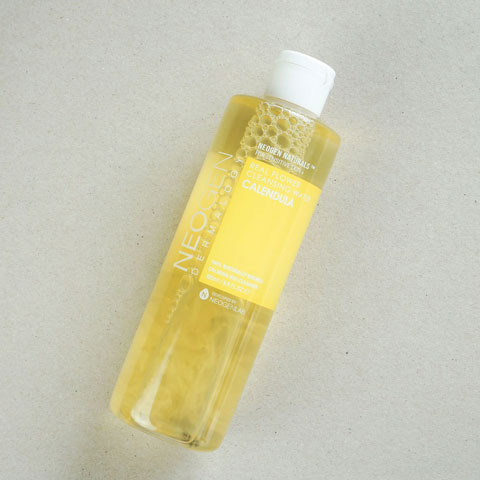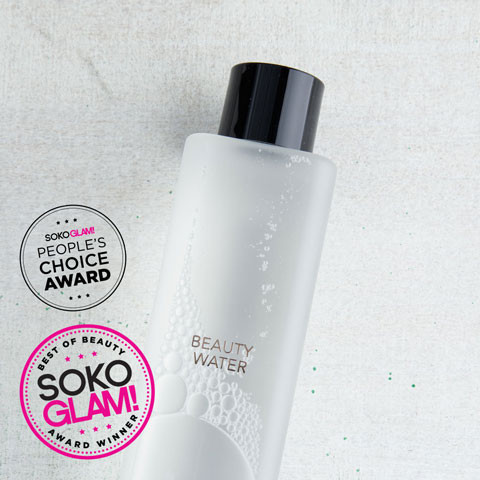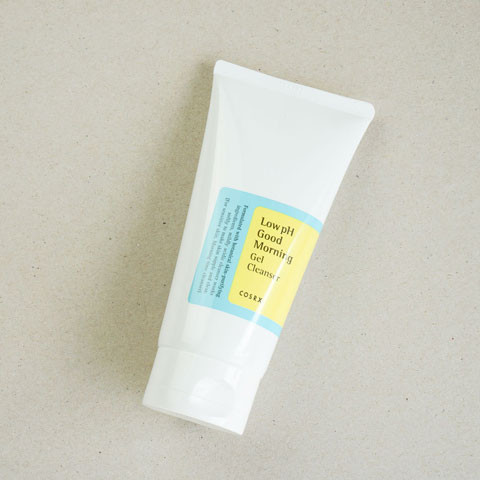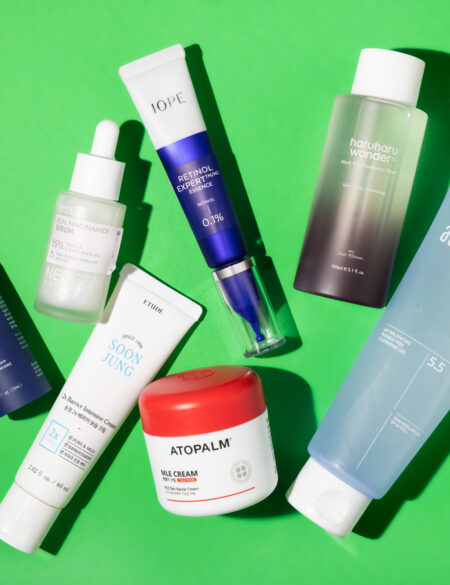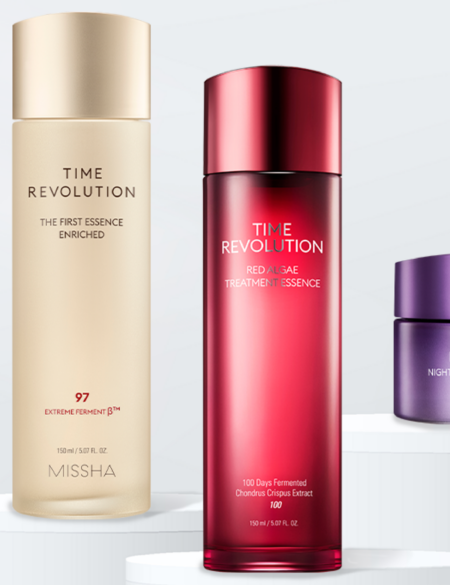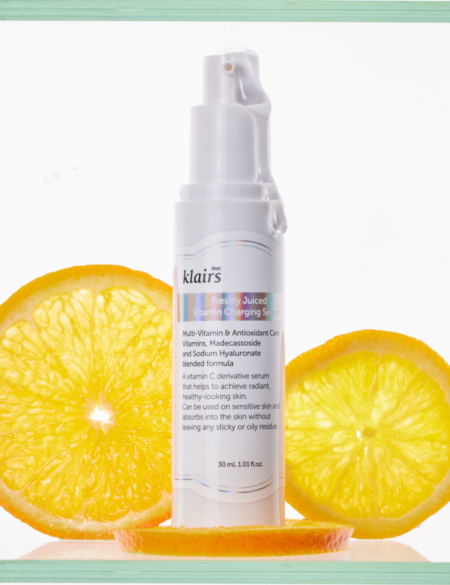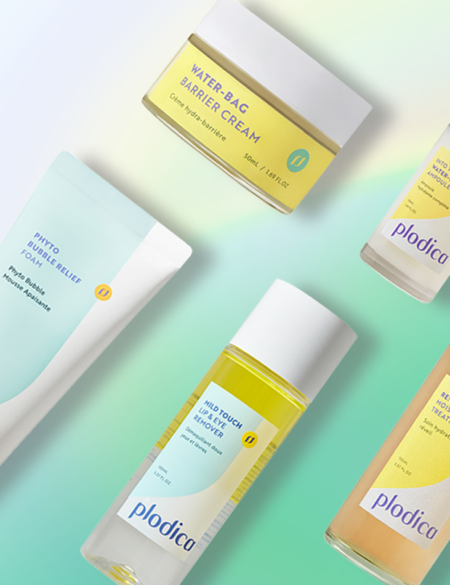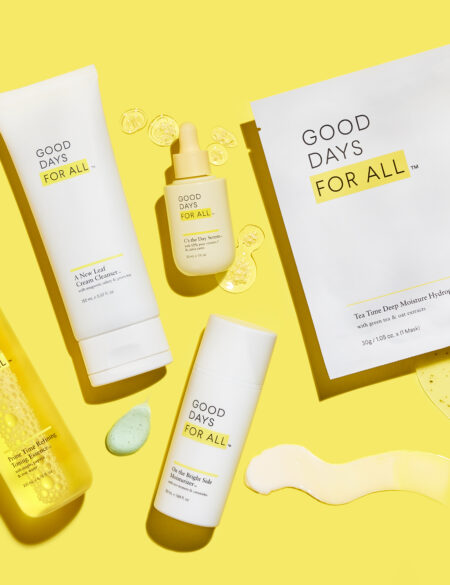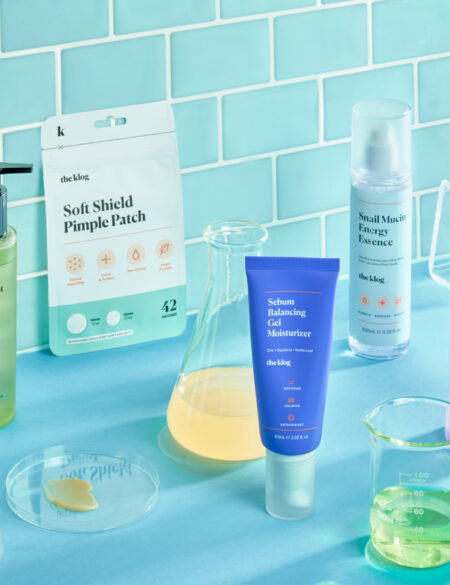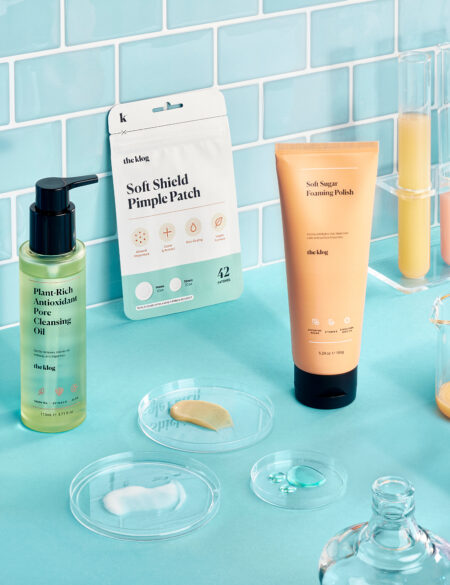Think about it: Cleansing is one of the few steps in skin care when we actually remove things from our skin. But here’s the harsh reality: Sometimes cleansers take off too much. In removing the stuff we don’t want, we can end up stripping our skin of components that protect and moisturize too. So how do you make sure you’re choosing a good, gentle cleanser? Hold on, because we’re about to get a little scientific on you.
When it comes to cleansers, there are two big factors that come into play: surfactants, which dissolve and lift oils and dirt from the skin; and pH level, which is a measurement of how acidic or basic something is.
When I’m shopping for cleanser, look for mixtures of surfactants. I personally look for surfactants like decyl glucoside, coco-glucoside, disodium cocoyl glutamate, disodium laureth sulfosuccinate, cocoyl methyl glucamide, sodium cocoyl isethionate, and lauryl lactyl lactate. I like a mixture of surfactants because of the structures they can form in water—micelles. Mixing surfactants of different sizes can make these structures bigger. The bigger the micelles are the less able they are to penetrate the skin.
Also keep a lookout for skin-moisturizing ingredients like lipids and proteins; grapeseed oil and soy protein are two good examples. While most of it is rinsed off, some can remain on the skin and help moisturize. Be cautious about high-pH ingredients like sodium palmitate, sodium cocoate, sodium tallowate, and other saponified oils. They can’t be adjusted to be more acidic, they’ll just stop working.
And here’s a good rule of thumb: If you’re looking at two cleansers that are identical except for the pH, the acidic one (with a pH lower than 7) is often more gentle. Studies have shown that cleansers that are closer to our skin’s pH (around 5.5) tend to be better for our skin.
Keep in mind, this list definitely isn’t exhaustive. It’s just what I personally look for. If you have very sensitive skin, it would be worth considering using diluted cleansers, like micellar water or ones with lots of moisturizers, like cleansing lotions or balms. Using them with a cotton round will also help physically remove soil and grime. I’d still recommend rinsing your face with water, regardless of the cleanser you use, because surfactants left on the skin can often lead to irritation.
Have you found a Holy Grail cleanser for your skin? Or do you stay on the lookout for certain ingredients when you’re shopping for cleanser? Tell us about it in the comments below!
—Stephen
Stephen Ko is a cosmetic chemist with almost a decade of experience. His first formulation was a red tinted conditioner for his mother, which later exploded. He now consults and develops skin care and cosmetic products and writes on his blog KindofStephen featuring #BeautyRecap a weekly digest of beauty industry news. Follow him on Reddit and Instagram.
Photo Credit: Cupcakes & Cashmere


